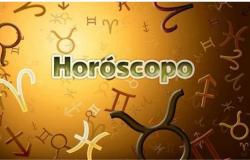But China has always had a troubled relationship with this literary genre. During the Cultural Revolution, science fiction writers were silenced. And, even after the end of the reforms, when intellectuals and scientists began to have a little more respect, writers did not have an easy life. In 1983, science fiction was criticized by a Communist Party newspaper for “spreading pseudoscience and promoting decadent capitalist elements”.
Things only started to change more recently, when China understood that encouraging science fiction was important to move the fertile ground of imagination and creativity to be able to innovate. “It’s all about economics,” I remember hearing from one of the interviewees when I asked about how the government dealt with the contradiction of promoting science fiction while also being concerned with controlling narratives.
While drinking my green tea in a small cafe in Beijing, one of the interviewees introduced me to a writer called Liu Cixin and his work “The Three-Body Problem”. He was a big hit in China, but still unknown in the West. I had never heard of him, but he also ended up becoming an object of my research.
Liu Cixin’s success was an impressive thing in the West. In 2015, the English translation of his work became the first book by an Asian writer to win the Hugo Science Fiction Award for best novel.
The success of “The Three-Body Problem” depends on Liu Cixin’s talent for creating worlds that go beyond the meanings of the present, but it also benefited from Chinese government policies that decided to encourage – and not restrict – the literary genre.
The original book was released in 2008, but a year earlier, in 2007, China had organized a science fiction and fantasy convention approved by the Communist Party for the first time in the country’s history. One of the guests was author Neil Gaiman. In a conversation with writer Kazuo Ishiguro, he talked about his experience:
Tags: China hating scifi innovating






